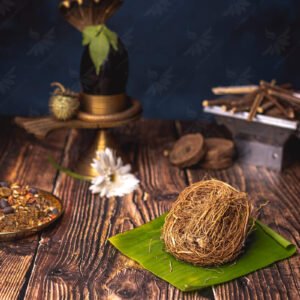Satawari, also known as Asparagus racemosus, is a revered herb in Ayurveda, the ancient Indian system of medicine. It holds immense medicinal, rejuvenating, and nourishing properties, making it highly valued in traditional healing practices.
Satawari is known for its adaptogenic qualities, which help the body cope with stress and restore balance. It is often used to support the female reproductive system and promote hormonal balance. Satawari is particularly revered for its ability to enhance female fertility, regulate menstrual cycles, and alleviate symptoms associated with menopause. It is also believed to improve lactation and support the overall well-being of both mother and child during breastfeeding.
In Ayurveda, Satawari is considered a Rasayana herb, known for its rejuvenating effects on the body and mind. It is believed to enhance vitality, promote longevity, and nourish the tissues. Satawari is also highly regarded for its cooling and soothing properties, making it beneficial for soothing digestive discomfort, reducing inflammation, and supporting a healthy immune system.
Beyond its medicinal benefits, Satawari holds a special place in spiritual practices and rituals. It is believed to have a calming effect on the mind, promoting mental clarity and enhancing spiritual experiences. Satawari is often used in meditation practices to support deep relaxation and a sense of inner tranquility.
The cultural significance of Satawari in Indian traditions is profound. It is considered a sacred herb associated with feminine energy, fertility, and nourishment. Satawari is revered as a symbol of divine motherhood and is often used as an offering to Goddesses in religious ceremonies and rituals. Its inclusion in rituals and spiritual practices enhances the sacredness of the occasion and deepens the connection with the divine feminine.






Reviews
There are no reviews yet.